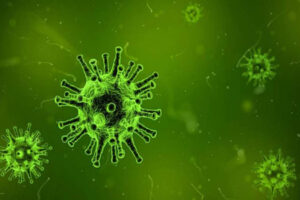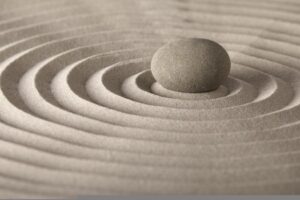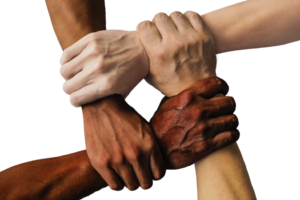A good friend of mine in Recovery asked me to write a blog on Depression. For a while, I drew a blank. I didn’t want to write about this subject from a doctor’s point of view, although clearly, if one’s symptoms are severe (chronic insomnia, loss of appetite with weight loss, frequent crying fits, suicidal thinking, etc…) then seeing a good family doctor +/- a psychiatric referral is essential. Suicidal intentions demand urgent hospitalization.
That being said, my goal in this blog is not to talk about antidepressants or other psychiatric medications. That is best left to one’s G.P. or psychiatrist. Rather, I would like to talk about what one can do for mild to moderate depression in the context of Recovery and community fellowship meetings. This may be especially timely in this season of decreasing daylight hours which predisposes some to seasonal affective disorder (SAD).
It has been pointed out to me (and I have indeed observed this in others and myself) that depression is often anger or rage turned inwards against oneself. I have noticed in myself periods of anger and rage often being followed by periods of intense depression and vice-versa. This link may be so important that I have devoted my next blog to the topic of rage and anger.
Both emotions (anger and depression) tend to manifest initially as a tendency to isolate. Also evident is an emerging inability to derive pleasure from any activities whatsoever (a phenomenon known as anhedonia). If allowed to develop unchecked, symptoms may go on to include insomnia, appetite disturbances, increased anxiety, severely decreased energy with loss of activities, increased irritability, increased morbid thoughts with delusions of persecution, and emerging suicidal thinking.
The goal of course is to recognize the EARLY symptoms and take action before the full-blown illness is upon us. It is definitely possible to arrest the progression of depression but this must involve breaking the isolation that inevitably is present from the earliest stages.
- Increased meeting attendance is a good idea.
- Reaching out to others, especially those with a history of depression, is invaluable in gaining assistance, support and insight. (Meetings are an obvious place to get this help).
- Enjoyable activities with others is essential. Solitary hobbies are better than no hobbies at all, but in the context of depression, exclusively solitary hobbies will inevitably increase one’s sense of loneliness and isolation.
- Throwing oneself into service for others can break the cycle of self-absorption and self-centered thinking.
- Try not to eat alone. Find friends or family to eat with.
- Devote at least half an hour a day to some form of exercise, even if it’s just walking in a park or on a trail for half an hour a day. Walking in a mall is O.K. too. It is better to do this with a friend, but if that is really not possible, solitary exercise is better than no exercise at all.
- As discussed above, consult a doctor if symptoms persist or worsen.
Remember that isolation is the most important and lethal factor to combat.




2 Comments
Leave your reply.